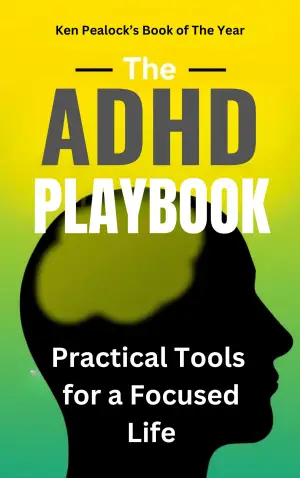A Journey Through Time and Humanity: Review of "Kindred" by Octavia E. Butler
I picked up Kindred by Octavia E. Butler not just because of its glowing four-star rating on Goodreads, but because I was eager to dive into a narrative that promises to merge science fiction with the harrowing realities of slavery. With themes of race, history, and the complexities of human relationships, I walked in expecting a transformative experience. Butler’s deep exploration of humanity alongside the spine-chilling backdrop of America’s past certainly intrigued me, but as I turned the pages, I found myself grappling with a mixture of admiration and unease.
At its heart, Kindred tells the story of Dana, a 26-year-old African-American woman in 1976 Los Angeles who inexplicably finds herself transported back to a Maryland plantation in 1815. This time-travel element serves as a powerful vehicle to confront the harsh realities of slavery while inviting readers to ponder the moral dilemmas stemming from it. Dana’s struggle to understand her relationship with Rufus, the plantation owner’s son, reveals complex layers of power dynamics, manipulation, and conflicting emotions—a reminder that humanity can embody both kindness and monstrosity. One line from the book struck me profoundly: “He wasn’t a monster at all. Just an ordinary man who sometimes did the monstrous things his society said were legal and proper.” This feels particularly poignant in today’s world as we confront our own societal issues.
Butler’s writing style is straightforward yet impactful. The concise chapter titles—The River, The Fire, The Fall—echo the elemental nature of Dana’s experiences, allowing the weight of her emotional journey to resonate without becoming overwhelmed by flowery prose. Although I often yearned for a more detailed exploration of Dana and Rufus’s complex connection, the pacing kept me engaged. I enjoyed the illuminating insights Butler provided about identity, race, and the legacies we inherit—echoes that are timeless in their relevance.
Yet, my reading experience wasn’t without its frustrations. Perhaps I read Kindred too quickly, as I struggled to fully digest its layered themes at times. The character of Rufus, in particular, is one of those nuanced figures that provoke debate: when does understanding morph into enabling? Dana’s attempts to be both a compassionate mentor and a survivor often left me at odds with her choices, leading to a sense of disconnect. The narrative blurred lines between forgiveness and self-preservation, leaving me to ponder the challenging ethics of our past and how they resonate today.
In conclusion, I believe Kindred is a must-read for anyone interested in the intertwining of history and speculative fiction. It’s an essential work that isn’t just about slavery, but about who we are as humans and the social constructs that bind us—or tear us apart. I left the book with a renewed understanding of kinship, not only in a familial sense but as a broader connection to humanity. For readers curious about race relations, identity, and the shadows of our collective history, Butler’s work offers both an opportunity for reflection and a call to action. How we treat one another today shapes the world of tomorrow, and Kindred serves as a powerful reminder of this truth.













